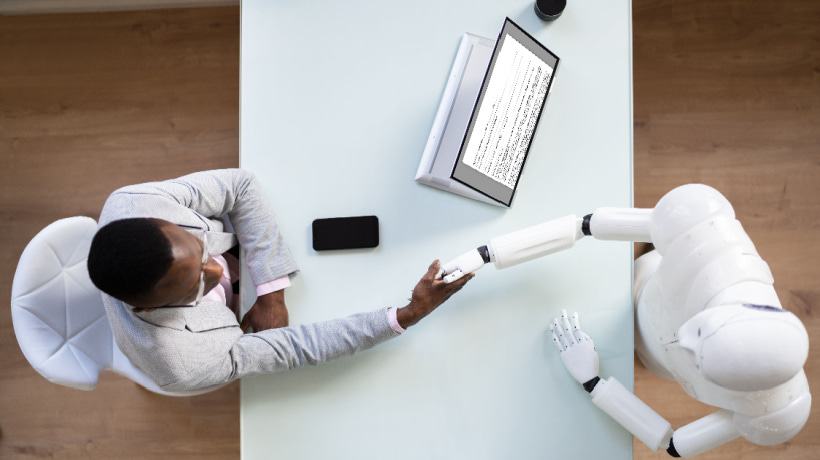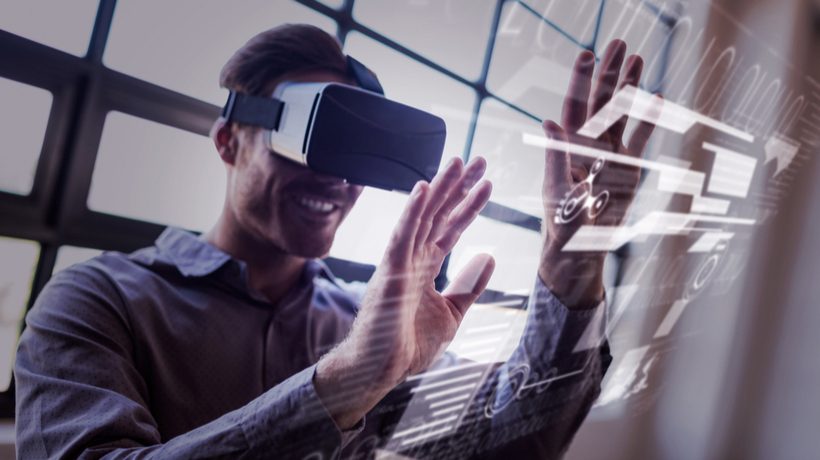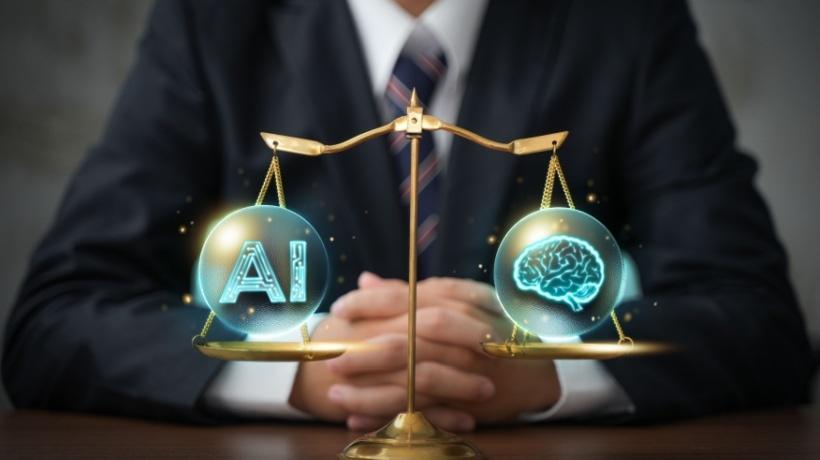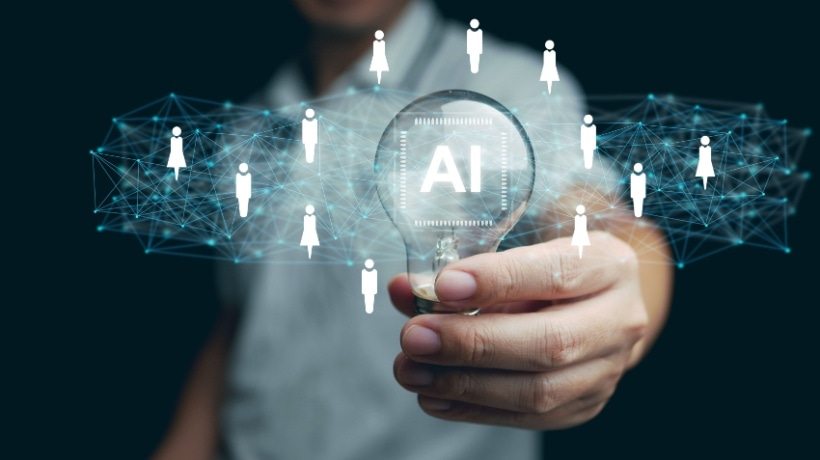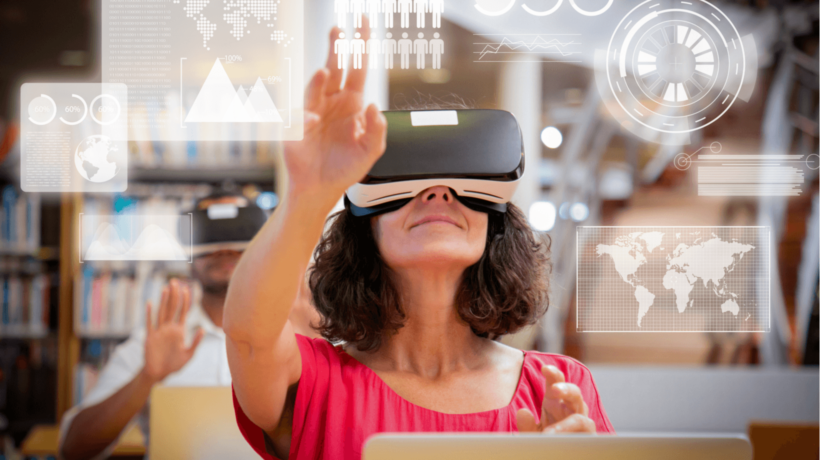AI Interview Simulation Tools For Mastering Soft Skills
In today's rapidly changing workplace, technical know-how is no longer enough to guarantee professional success. Employers increasingly seek candidates who not only possess the right hard skills but also demonstrate adaptability, emotional intelligence, communication abilities, and collaboration that are collectively referred to as "soft skills." Yet despite their growing importance, soft skills are notoriously difficult to teach, assess, and measure within traditional eLearning systems. That's where AI-powered interview simulations step in.
The Urgency Of Soft Skills In The Modern Workforce
The workplace has undergone a seismic shift. With hybrid models, distributed teams, and automation on the rise, skills like empathy, communication, and problem solving are no longer just nice to have—they're essential. According to a LinkedIn Global Talent Trends report, 89% of recruiters say that when a hire doesn't work out, it usually comes down to a lack of soft skills.
Yet, there's a persistent gap. While learners may be exposed to concepts like "teamwork" or "critical thinking" through online modules or webinars, they rarely get real-time practice or meaningful feedback. Soft skills aren't developed in a vacuum—they require context, application, and reflection. This gap is especially wide for new graduates or career-switchers who lack workplace experience.
Traditional eLearning Falls Short
Conventional Learning Management Systems (LMSs) excel at delivering technical content—coding lessons, compliance training, product knowledge, etc. However, when it comes to human-centric skills, the limitations become clear:
- No contextual practice
Watching a video about active listening isn't the same as practicing it in a conversation. - One-size-fits-all feedback
Quizzes can test knowledge, but not performance in real-life scenarios. - Lack of measurement tools
It's hard to track improvements in skills like empathy or persuasion with conventional metrics.
Soft skills require experiential learning and performance-based evaluation. This is where the intersection of Artificial Intelligence and immersive learning becomes powerful.
AI To Assess Soft Skills: A New Frontier
Artificial Intelligence has emerged as a critical tool in closing the soft-skills gap. Using AI to assess soft skills allows learning providers and employers to move from assumption to insight. AI-powered systems can now simulate real-life scenarios and analyze user responses in ways that were once only possible with human evaluators.
What AI Can Measure
AI in interview simulations doesn't just look at what a learner says, but how they say it:
- Tone and speech patterns
Is the speaker confident? Nervous? Monotone? - Facial cues and body language
Using computer vision, AI can detect eye contact, posture, and facial expressions. - Choice of words
Sentiment analysis can determine emotional tone, positivity, or potential bias. - Pacing and clarity
Is the user communicating clearly and concisely?
These data points are then processed to give learners objective, actionable feedback, such as: "Your tone comes across as hesitant in team-related questions," or "Your responses lack specificity in problem-solving scenarios."
What Makes AI Interview Simulations Unique?
Unlike traditional eLearning assessments, AI-powered interview simulations are experiential and contextual. Here's why they work:
- Real-world scenarios
Learners face simulated questions aligned with real job roles. - Adaptive feedback
AI gives instant, personalized coaching tips. - Safe space to practice
No judgment. Learners can try, fail, and improve without fear. - Scalable assessment
What was once possible only through in-person mock interviews can now be done at scale, asynchronously.
Interview Simulation Use Cases Across The Learning Ecosystem
1. Higher Education And Career Services
Universities can use AI interview simulations to prepare students for placement by giving them a safe environment to practice behavioral interviews. Career counselors can track student progress through dashboards and tailor coaching sessions based on AI-generated reports.
2. Corporate L&D Programs
Organizations can embed these simulations into onboarding or upskilling journeys. For example, a customer service representative might go through modules on handling difficult clients, then practice with AI interview scenarios to reinforce learning.
3. Training And EdTech Platforms
EdTech platforms offering professional courses can integrate interview simulations at the end of soft-skills modules. This turns passive video learning into active performance-based training.
Bridging The Gap Between Learning And Employability
Employers often lament that eLearning doesn't prepare candidates for the real world. With AI-powered interviews, there's a direct line from what learners practice to what they'll face in actual job interviews and team interactions.
Moreover, learners receive detailed insights that help them build self-awareness, a critical component of emotional intelligence. For instance, a learner might discover that while they speak fluently, their lack of eye contact or monotone delivery hurts their perceived confidence.
Addressing Concerns: Is AI Fair And Accurate?
As with any technology that evaluates human behavior, questions around fairness, bias, and transparency are valid. Leading platforms use training datasets designed to minimize cultural and gender bias. They also offer transparency by explaining scoring rubrics and providing review options for learners and coaches.
Additionally, these platforms continuously update their models to reflect real-world data and user feedback. In this way, the AI becomes more reliable over time.
Measuring ROI: Beyond Engagement
One of the biggest advantages of using AI to assess soft skills is that it provides measurable ROI for learning programs:
- Performance improvement over time
Dashboards show individual and cohort growth. - Interview success rates
Educational institutions and training providers can correlate simulation scores with placement outcomes. - Reduced attrition
For employers, better soft skills mean smoother onboarding, fewer misunderstandings, and stronger team dynamics.
Future Outlook: From Interviews To Everyday Interactions
As AI continues to evolve, its applications will move beyond job interviews into daily workplace simulations. Imagine:
- Practicing a negotiation with an AI avatar before a sales pitch.
- Rehearsing a conflict resolution scenario with AI feedback.
- Getting to coach on cross-cultural communication before working with a global team.
In the future, soft-skills training won't be an afterthought. It will be embedded into daily workflows, and AI will be a constant companion in personal development.
Conclusion
The demand for soft skills is at an all-time high, but traditional eLearning hasn't kept pace. With AI-powered interview simulations, we finally have a way to assess and cultivate these essential human abilities at scale. Whether you're an L&D leader, educator, or learner, embracing AI to assess soft skills is no longer optional; it's a strategic imperative for staying relevant in the future of work.
By providing realistic, data-rich, and personalized experiences, AI simulations bridge the gap between theory and practice. And in doing so, they empower individuals not just to learn, but to grow into the kind of professionals the modern workplace truly needs.
